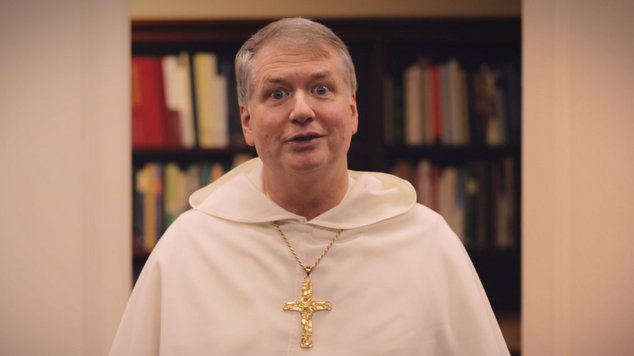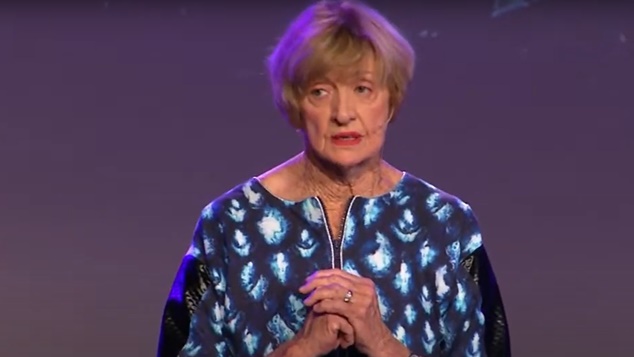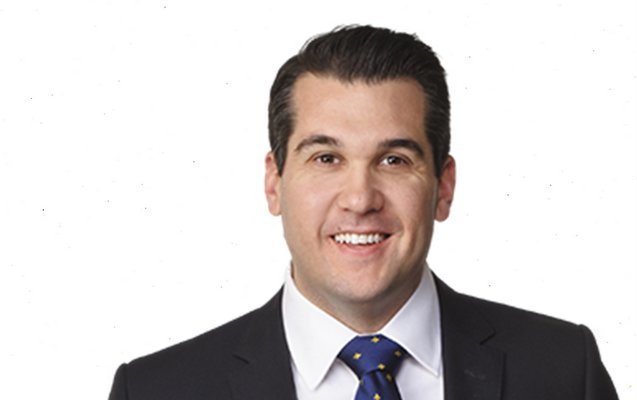
As millions of Australians log on to complete the 2021 census debate over one of the questions has amped up. What is your religion?
Every Australian census has asked questions about what our religious beliefs are, but over the years the way the question has been presented has been updated to reflect our changing community make up.
Campaign encourages people to select ‘no religion’
This year a campaign encouraging people to answer ‘no religion’ if they are not people of faith has drawn criticism from the government, church leaders and conservative media pundits.
Organisers of the the campaign say the statistical data on just how religious we are plays a big part in shaping Australian society including how much weight is given to religion in the media and politics, and how much public funding in provided to religious based organisations.
It’s also drawn in some high profile voices who have urged Australia’s to tick the ‘no religion’ box if we are not people of faith. Comedian Tim Minchin and broadcaster Andrew Denton have lent their voices to the campaign.
In a Facebook video Minchin said that other studies had shown that more than 70% of Australians were saying that religion does not play a major part in their life, and he believed that many people were selecting a religion in the census based on their parents beliefs, or cultural affiliations, rather than reporting a true representation of their own beliefs.
“Governments use that data to make policy decisions and allocate money which help shape your world.” Andrew Denton said in a video in support of the campaign. “So if you’re not really religious – you don’t have a religious domination say, then mark ‘no religion’ on your form.”
What previous surveys have shown is that the number of people in Australia reporting to hold religious beliefs has been dropping for decades. Christianity was the main religion reported 50 years ago, as it was in 2016. However the proportion has dropped, from 88% in 1966 to 52% in 2016.
While there has been growth in non-Christian religious such as Islam and Hinduism, more Australians are choosing to tick ‘no religion’ option. In 1966 just 0.8% of people declared themselves to not follow any faith, while in the last census 30% of people took the option. Younger Australians in the 18-34 year old age bracket are more likely to be non-religious than their older counterparts.

Archbishop Anthony Fisher says faith should be classified by the broadest of definitions
Catholic Archbishop of Sydney Anthony Fisher has argued that the definition of being religious should be approached with the broadest of definitions.
“The faiths play a big role in our community in terms of the social infrastructure, the charitable works and the spiritual life for many people.” Archbishop Fisher told Sky News host Alan Jones.
“Many people do go to mass, or to their church, or mosque, or synagogue, every week, but many others are not so regular but they are still part of the family, part of the tribe and they take part in their own way.”
For Archbishop Fisher even signing Christmas carols or attending a religious wedding or baptism is a sign of religious faith.
“They might pray from time to time if they need to, or may wear a cross around their neck, or hanging from the mirror in their car, or they might sing Christmas Carols or like the Easter story, one way or another people are connected to faith.”
“To say that Australians are Godless, and anyone who doesn’t go to church every week should mark ‘no religion’ is absurd.” Archbishop said.
Sky News hosts have lined up to criticise the campaign with Chris Kenny saying the campaign was “preachy and patronising”

Margaret Court says census designed to reduce the representation of Christians
Perth based Pentecostal pastor Margaret Court says the choice of responses used by the Australian Bureau of Statistics has been designed to reduce the visibility of Christianity.
Court recently told the congregation at her Victory Life Centre that she believes there is an attempt to reduce the number of people identifying as Christians.
“They don’t have Christian or Pentecostal. They don’t have anything about Christianity.” Reverend Court said. “They have Catholic, Uniting, Islam, all the different things but nothing about Christianity.”
Reverend Court said they had removed the option of ticking Christian on the survey and she believed it was part of an attempt to reduce the number of people reporting to be Christian.
“They are wanting, I believe, to lower the numbers of Christianity, and you can sense what is happening in the nation.” Reverend Court said.
When the ABS released the questions and answers for the census they noted that it was not practical to list every religion practiced in Australia. As such the form lists the option of ‘no religion’ and then the nine most common answers from the previous census.
The options include Catholic, Anglican (Church of England), Uniting Church, Presbyterian, Buddhism, Islam, Greek Orthodox, Baptist and Hinduism. Respondents can nominate any other religion in a box they can fill out. The 2016 census saw over 150 different religions cited in people’s responses.

Michael Sukkar says campaign driven by hatred of people of faith
The Assistant Treasurer Michael Sukkar, who holds the responsibility of delivering the census, says people should not be politicising the process, saying people should not be attempting to encourage others to answer in a particular way.
Sukkar said the organisers of the ‘tick no religion’ campaign seemed to have a disappointing animosity to people of all religious faiths.
“All Australians should be answering the census honestly, they should not be becoming to pressure of groups such as these.” Sukkar told Sky News program Credlin.
“It’s wholly inappropriate for any group to be trying to alter the outcome of the census by running these sort of campaigns. This is really important data and we need people to answer it honestly.”
The Minister said there was a growing hatred in Australia towards people of faith.
“What we’ve seen over the years is a great deal of animosity, hatred even, from some groups towards anyone of faith, and it’s almost an irrational hatred of people of faith, and it’s not just Christians, it’s Hindus, it’s Buddhists, it’s the full kaleidoscope of faiths.
“It’s an intolerant hatred of people of faith and faith itself. That’s the only thing that I can understand that would motivate somebody to waste their time in a campaign to try and influence how people answer their own census.”
“I think it is quite bizarre that people would be motivated to try and influence how other people respond to their census, but I suspect that it’s an underlying intolerence, indeed a hatred of people of faith.” Sukkar told Peta Credlin.
Graeme Watson
You can support our work by subscribing to our Patreon
or contributing to our GoFundMe campaign.






